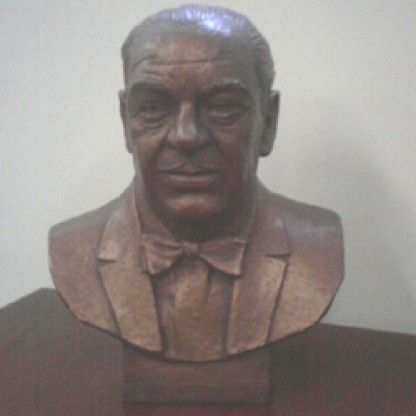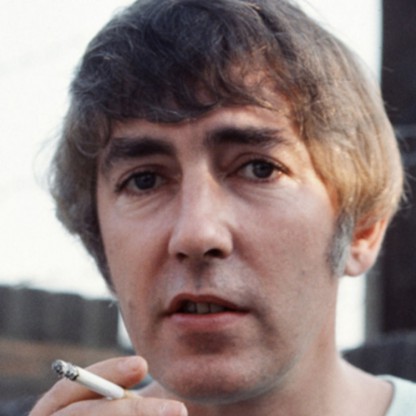In 1661 Marvell was re-elected MP for Hull in the Cavalier Parliament. He eventually came to write several long and bitterly satirical verses against the corruption of the court. Although circulated in manuscript form, some finding anonymous publication in print, they were too politically sensitive and thus dangerous to be published under his name until well after his death. Marvell took up opposition to the 'court party', and satirised them anonymously. In his longest verse satire, Last Instructions to a Painter, written in 1667, Marvell responded to the political corruption that had contributed to English failures during the Second Anglo-Dutch War. The poem did not find print publication until after the Revolution of 1688–9. The poem instructs an imaginary Painter how to picture the state without a proper navy to defend them, led by men without intelligence or courage, a corrupt and dissolute court, and dishonest officials. Of another such satire, Samuel Pepys, himself a government official, commented in his diary, "Here I met with a fourth Advice to a Painter upon the coming in of the Dutch and the End of the War, that made my heart ake to read, it being too sharp and so true."









